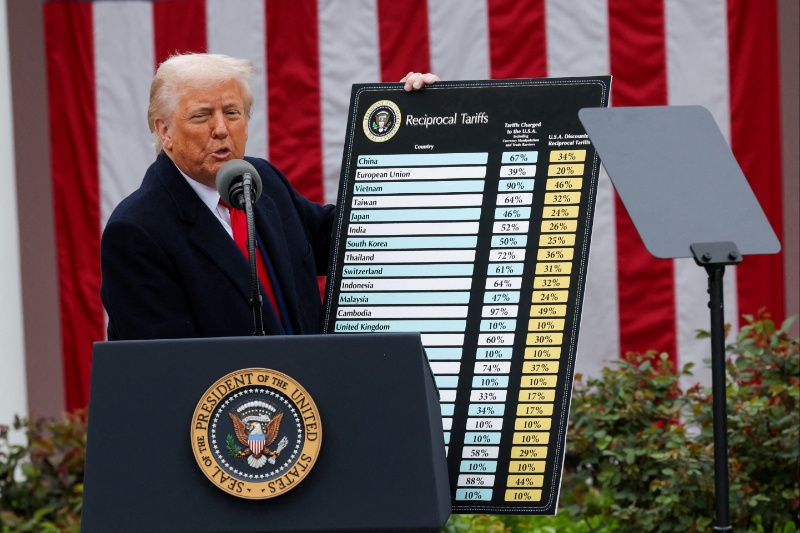BUSINESS

THE UNEXPECTED BOOST GLOBAL TARIFF WARS ARE GIVING TO THE “MADE IN NIGERIA” BRAND.
Amid rising tariffs between the U.S. and China that are inflating costs and disrupting traditional supply chains, Nigerian manufacturers are gaining ground as competitive global players. With attractive pricing and consistent delivery, they’re winning new export contracts and positioning themselves as reliable alternatives.
Fueling this momentum are factors like currency stability, preferential trade agreements, and the rapid expansion of digital marketplaces. As a result, Nigerian companies are upgrading their operations to meet international standards and steadily increasing their share in the global market.
How Tariff Dynamics Are Strengthening Nigeria's Manufacturing Sector and Expanding Its Global Reach.
As U.S and China tariffs push up costs, buyers are actively seeking new suppliers, and Nigerian manufacturers are stepping in to meet this demand. By offering competitive pricing and adhering to quality standards, these manufacturers are quickly securing export contracts that would normally take years to establish.
With rising import duties, Nigerian producers are able to provide similar products at more affordable rates, making “Made in Nigeria” goods more appealing without compromising on quality.
This has allowed Nigerian manufacturers to gain an edge in the global market.
Moreover, shipping delays and customs complications under tighter trade measures are prompting buyers to prioritize suppliers with reliable logistics. Nigeria’s improved port and road infrastructure has made local producers a more dependable choice, enabling them to meet delivery expectations.
The Central Bank’s intervention in stabilizing the naira has reduced currency risks, allowing Nigerian exporters to offer more predictable pricing, which further strengthens their competitive position.
Additionally, Nigerian exports benefit from duty-free access to the U.S. market under the African Growth and Opportunity Act (AGOA), keeping “Made in Nigeria” products competitive despite rising global tariffs. Meanwhile, policy-driven initiatives, such as tax incentives and infrastructure investments, are helping local manufacturers modernize operations and meet international standards.
This has also attracted foreign investment, with global capital increasingly flowing into Nigeria, boosting local businesses.
Combined, these elements highlight how global tariff conflicts, though challenging established trade routes, can act as a powerful force in fortifying Nigeria's manufacturing industry and promoting the “Made in Nigeria” label internationally.
"This represents a significant development in our ongoing coverage of current events."— Editorial Board









